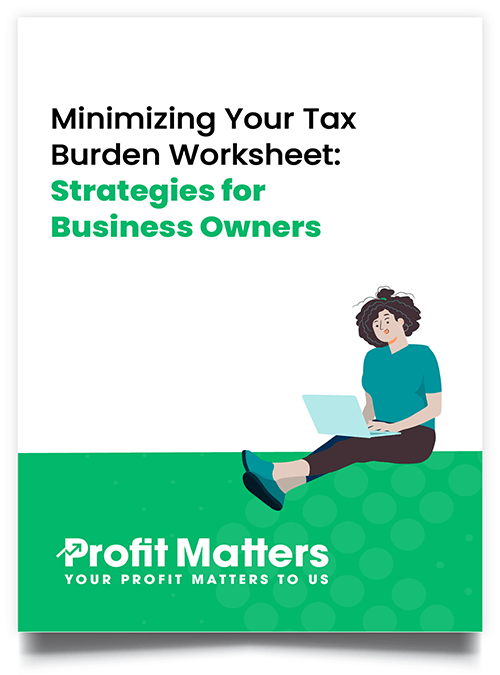As an aspiring entrepreneur, deciding on the type of business you want to launch isn’t always easy. There are many options, each with benefits and drawbacks.
Fortunately, by using a strategic approach, you can assess ideas and find the best possible fit. Here’s what you need to consider if you want to identify your best path toward entrepreneurship.
Evaluating Your Skills
Often, the first step you should take is a skills evaluation. You need to ascertain your strengths, both personally and professionally. Reflect on your past career and similar experiences to identify your hard skills. Then, evaluate any traits you have that served you well along the way, as soft skills like creativity, organization, and communication are just as vital to include as technical prowess.
Being honest about your weakness is similarly vital. That lets you know if a particular business is a poor fit or if you may need to hire help to cover a specific operational area.
Assessing Your Resources
Determining what resources are already at your disposal is critical, as it allows you to limit some of your initial costs. For instance, the starting price for a photography business is far different if you already own a professional-quality camera, several lenses, and top-tier editing software than if you need to purchase all of those tools.
As you assess your resources, you should look beyond what you have and into what you can get without a major financial investment. For example, you can use free or low-cost tools to get your startup off the ground. Choose a Facebook ad template that allows you to create eye-catching advertisements without breaking the bank. You can customize the template with your logo, colors, fronts, and other branding, and you’re essentially ready to go.
Examining Your Budget
Once you’ve looked at your skills and available resources, it’s time to focus on money. In many cases, this is a two-fold undertaking.
First, you need to determine how much you can spend today to get your company moving. Second, you need to assess your access to other financial resources, including income generated from your business post-launch, outside investment, or loans.
Determine how much launching various kinds of businesses costs. Some options are traditionally inexpensive to get off the ground, and a few can even cost less than $500 if you already have the right skills. But others may require an upfront financial investment of tens of thousands of dollars.
Outline every one-time and ongoing cost you’ll encounter. Equipment and supply purchases, utilities, payroll, taxes, shipping, storage, payment processing fees, website hosting, office space… it all needs to be factored into the equation.
By looking at every cost, you have an operational baseline to compare to your cash flow projections. Then, you can make sure that your idea is financially plausible before moving forward. See how Profit Matters can help your bottom line.
Reviewing Your Time
As you prepare to choose a type of business, you need to account for the time factor. Usually, there are two aspects to consider.
First, it’s the amount of time you can dedicate to your business each day. While starting a company will always require commitment and effort, some options are far more hands-on, while others have passive elements. By reflecting on your typical day’s schedule, you can estimate your time availability. Then, you can compare that to the number of hours each day you need to dedicate to various business types.
Second, you also need to determine how long you can wait before your company is profitable. On average, it takestwo to three years for businesses to turn a profit. However, some will break that mold. If your initial and long-term costs are low and you have a large profit margin, you may turn a profit within a year. If you have higher startup and ongoing costs and lower margins, it may take more than three years.
Researching the Market
A final factor you need to consider is the state of the market. You need to define and analyze your target audience,perform a competitive analysis, and estimate overall demand. That lets you determine the viability of your idea and market share potential. Plus, it may allow you to figure out how you can uniquely position your company, ensuring you stand out from competitors.
Image via Pexels



